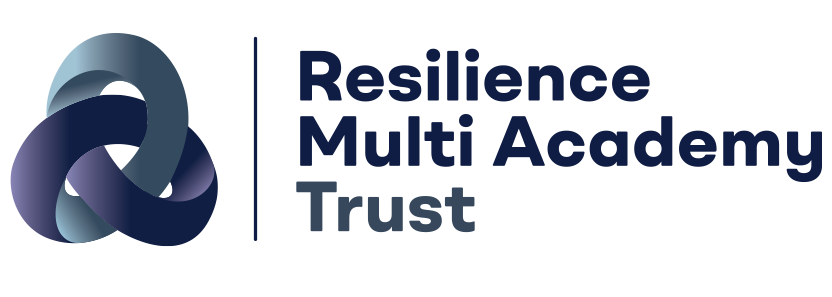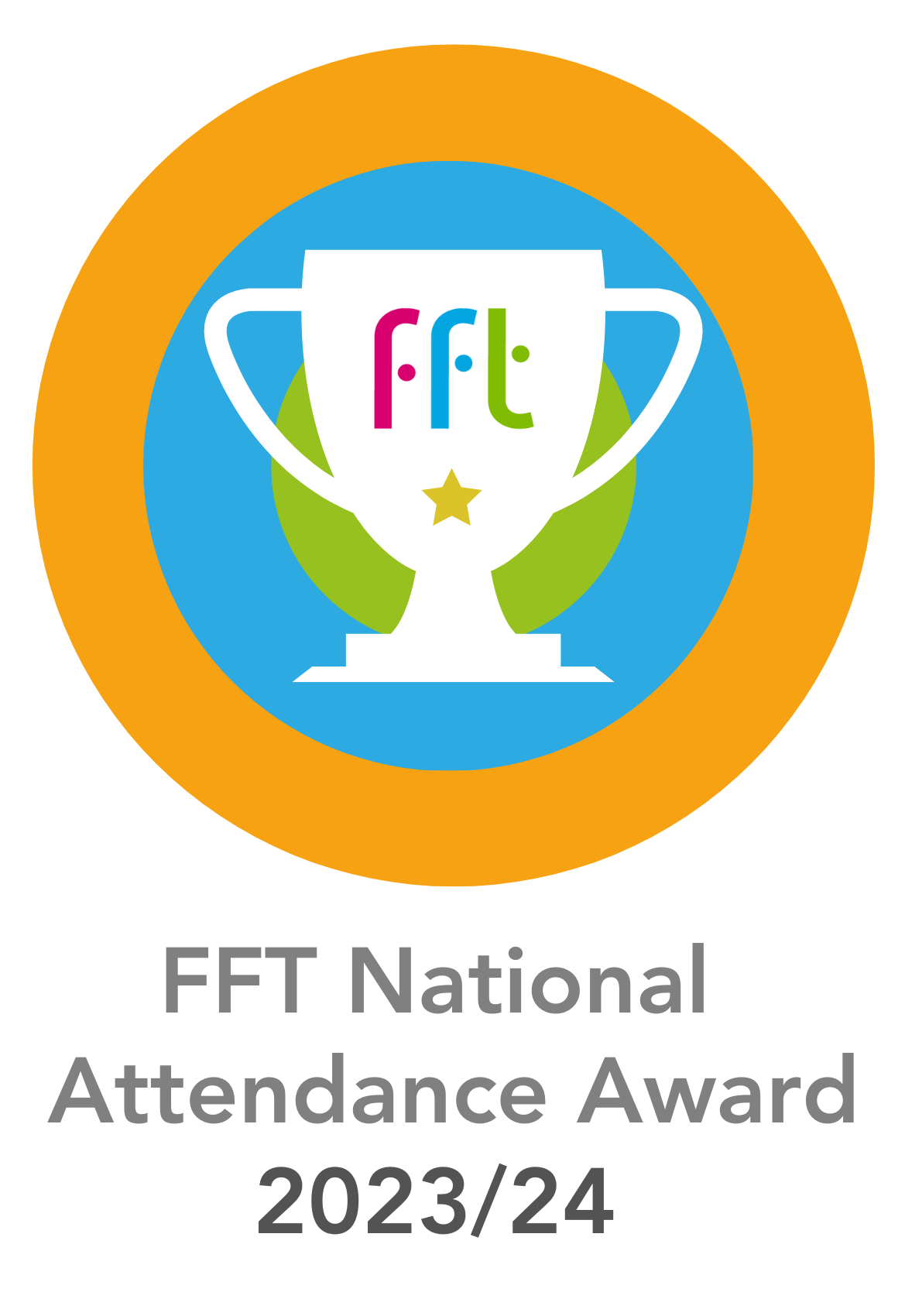Religious Studies
Key Stage 3
Intent
At Brayton Academy, Religious Education (RE) encompasses Religious Studies, Philosophy and Ethics. This includes the study of some of the key beliefs and practices of Judaism, Christianity, Islam, Buddhism and Hinduism, well as the examination of both religious and secular views on a variety of philosophical themes. The primary goal of the RE curriculum is to provide students with both the knowledge and the skills they need to engage with questions of utmost importance to human experience, e.g., ‘Is there a God?’, ‘Is death really the end’?, ‘ ‘What is the right thing to do?’, ‘Does morality depend on God’s will?’, ‘Are the rich responsible for the poor?’, ‘Do animals have rights?’ and more. Pupils are taught to think critically about the reasons supporting both religious and secular responses to these and other related questions, and are encouraged to find their own voice.
The aims of the Religious Education Department are:
- To teach intellectually challenging lessons that allow pupils to stretch their minds and think ‘outside the box’.
- To facilitate the development of key analytical skills and argumentative techniques as they have been traditionally practiced in Western Philosophy (e.g., the ability to identify assumptions and hidden tensions between ideas, trace conceptual distinctions, formulate counterarguments and other important skills).
- To promote cultural capital, allowing pupils to expand their horizons by reflecting on their values, beliefs and attitudes.
- To help pupils to become independent thinkers.
Year 7
In Year 7, pupils have one RE lesson a week. Students begin by looking into the monotheistic concept of God. This is followed by a brief introduction to Judaism, Christianity and Islam, with a special focus on key moral teachings underpinning those religious traditions. Students then progress to explore some key questions in the Philosophy of Religion, such as the contrast between religious and secular accounts of creation and the intelligent design argument. Towards the end of the school year students will be introduced to P4C (Philosophy for Children) and will explore a range of metaphysical and ethical questions.
Year 8
In Year 8, students have one lesson a week. We begin by studying the importance of religious festivals in both Abrahamic and non-Abrahamic faiths. This is followed by the study of pilgrimage and holy places within the same religious groups. We then look into a range of religious and secular views on meaning and purpose, and finish the school year with a whole unit dedicated to ‘Ethics and values’, where we study different conceptions of right and wrong, moral dilemmas and justice.
Year 9 (Pre-Option GCSE Religious Studies)
In Year 9, students have two lessons a week as part of their RS GCSE Pre-Option. We begin by asking one of the most significant questions for us, viz., “How should we live?”. Pupils study the famous Euthyphro Dilemma, a problem posed by Plato over two thousand years ago which puts into question the idea that God can arbitrarily decide what is good and what is evil. Continuing along the theme ‘How should we live?’ pupils study Aristotle’s Virtue Theory, Utilitarianism, and then discuss the question whether happiness should be our ultimate goal. We then move on to study the basics of Christianity and Islam in order to set the ground for the more detailed study in the GCSE course. As pupils advance towards the end of KS3, they will explore philosophical questions on the nature of death, examine different views on the possibility of an afterlife as well as the relationship between body and soul.
Key Stage 4 - GCSE Religious Studies
Intent
At Brayton Academy, the GCSE specification in Religious Studies covers the in-depth study of the main beliefs and practices of Christianity and Islam, as well as four philosophical and ethical studies themes (Relationships and Families, Religion and Life, The existence of God and Crime & Punishment). The GCSE course will deepen their knowledge and understanding of questions about belief, values, meaning and truth. Its main goals are:
- To enable pupils to develop their own attitudes towards religious issues.
- To gain an appreciation of how religion, philosophy and ethics form the basis of our culture.
- To develop analytical and critical thinking skills, such as the ability to work with abstract ideas.
- To develop exam skills through constant practice and formative feedback.
The rigorous study of religious beliefs and philosophical themes allows pupils to engage with the big questions of life in a rational way, enabling them to develop their interpretive and argumentative skills.
Year 10 & Year 11 (one year GCSE course)
Pupils have six lessons per week. This course is delivered over one year.
Right to Withdraw:
In the UK, parents have the right to withdraw their children from RE on the grounds that they wish to make their own provision. This alternative will be the parents’ responsibility. This right of withdrawal exists for all pupils in all types of school, including schools with and without a religious designation. Parents also have the right to withdraw their child from part of RE and can do so without giving any explanation.
If you would like to withdraw your child from RE, it would be useful for parents to notify the Principal in the first instance for a brief discussion in order to ensure that any requests to withdraw can be met promptly.



